
Concurrent treatments targeting eating disorders and PTSD are needed to help these patients with complex conditions.

Concurrent treatments targeting eating disorders and PTSD are needed to help these patients with complex conditions.

Does anorexia nervosa constitute an illness worthy of physician-assisted suicide? These authors think not.

From new research on psilocybin as a treatment for MDD to new FDA approvals for ADHD and BED, here are highlights from the week in Psychiatric Times.

Generics are now approved for adults in the treatment of BED and for individuals aged 6 years and older in the treatment of ADHD.

From noninvasive brain stimulation techniques for catatonia to the concurrent treatment of eating disorders and PTSD, here are highlights from the week in Psychiatric Times.

Research shows an undeniable connection between PTSD and eating disorders.
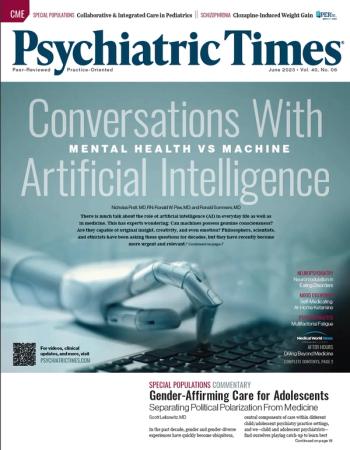
The experts weighed in on a wide variety of psychiatric issues for the June 2023 issue of Psychiatric Times.

How can procedures like repetitive transcranial magnetic stimulation and deep brain stimulation help in the treatment of eating disorders?
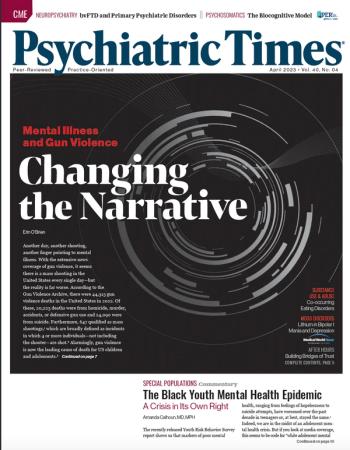
The experts weighed in on a wide variety of psychiatric issues for the April 2023 issue of Psychiatric Times.

From eating disorders in entertainment to early intervention for schizophrenia, here are highlights from the week in Psychiatric Times.

Many artists who have struggled with an eating disorder are generating content that is promoted by the entertainment industry, and when these conditions go unaddressed, the content has the potential to influence consumers.

From to co-occurring substance use and eating disorders to treatment options for OCD, here are highlights from the week in Psychiatric Times.

What does existing research say about the connection between substance use disorders and eating disorders?
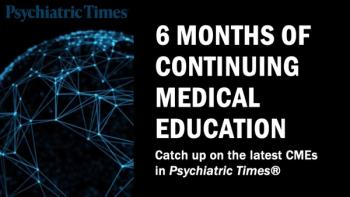
Catch up on the latest CMEs in Psychiatric Times.

How can neuromodulatory treatments be used in patients with eating disorders?
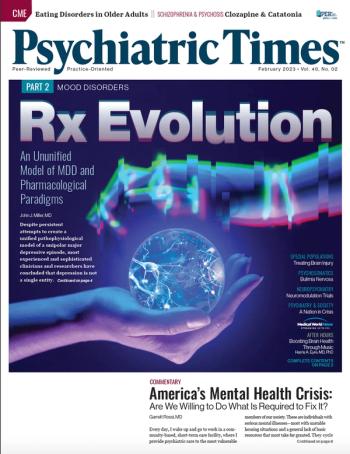
The experts weighed in on a wide variety of psychiatric issues for the February 2023 issue of Psychiatric Times.

From the “unwinding” of the Medicaid continuous enrollment condition to assessing and treating eating disorders in older adults, here are highlights from the week in Psychiatric Times.

In this CME article, learn how to evaluate older adults who present with significant appetite and weight changes for the presence of an eating disorder.

How can psychiatrists collaborate within the treatment team to help patients on the path to ongoing recovery?

Approximately 30 million individuals will be diagnosed with an eating disorder in the United States during their lifetime.
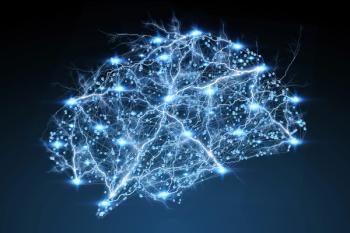
"20% to 30% of patients develop a persistent, hard-to-treat illness."

This new study is evaluating how effective psychedelics can be in the treatment of binge eating disorder.

How can you help patients with bulimia nervosa beyond residential programs?

What kind of person comes to mind when you think of eating disorders? Here’s why you might be wrong.

A recent study found a negative association between children with ADHD and health eating patterns.